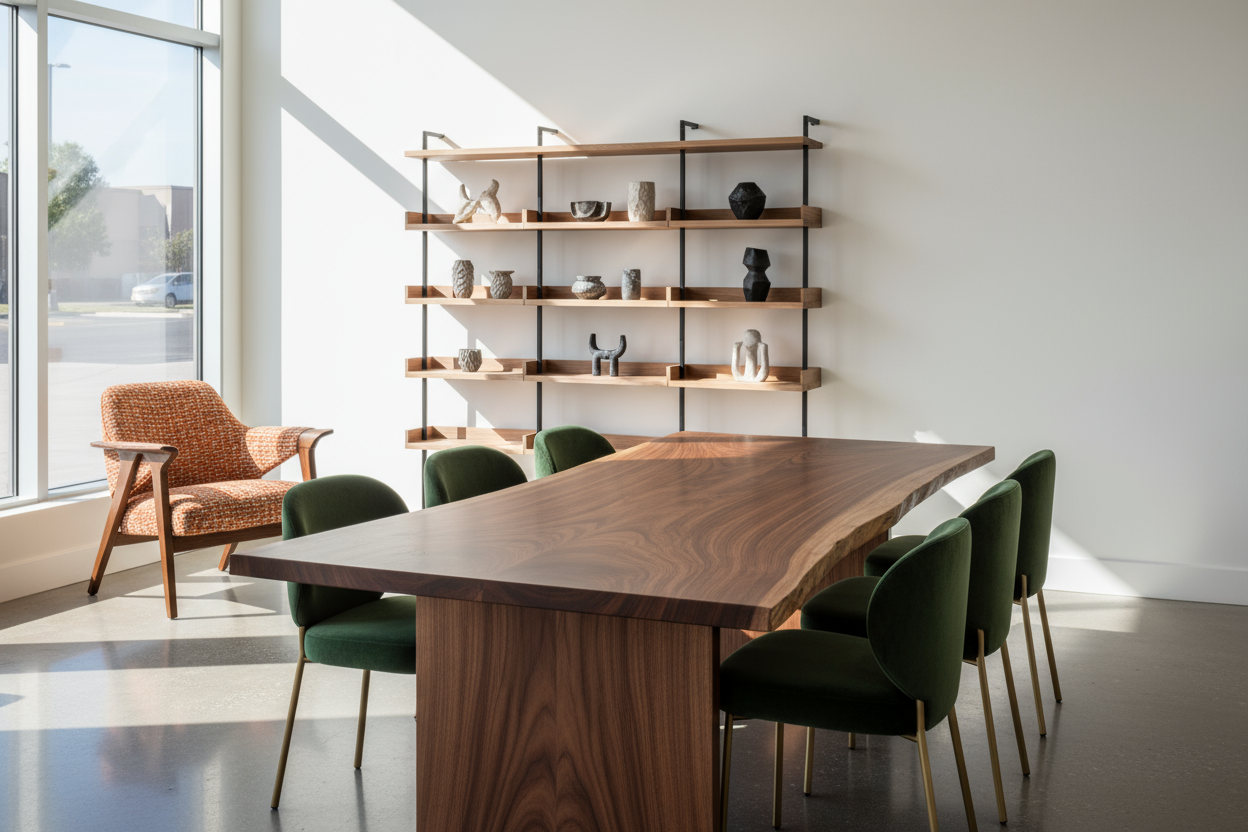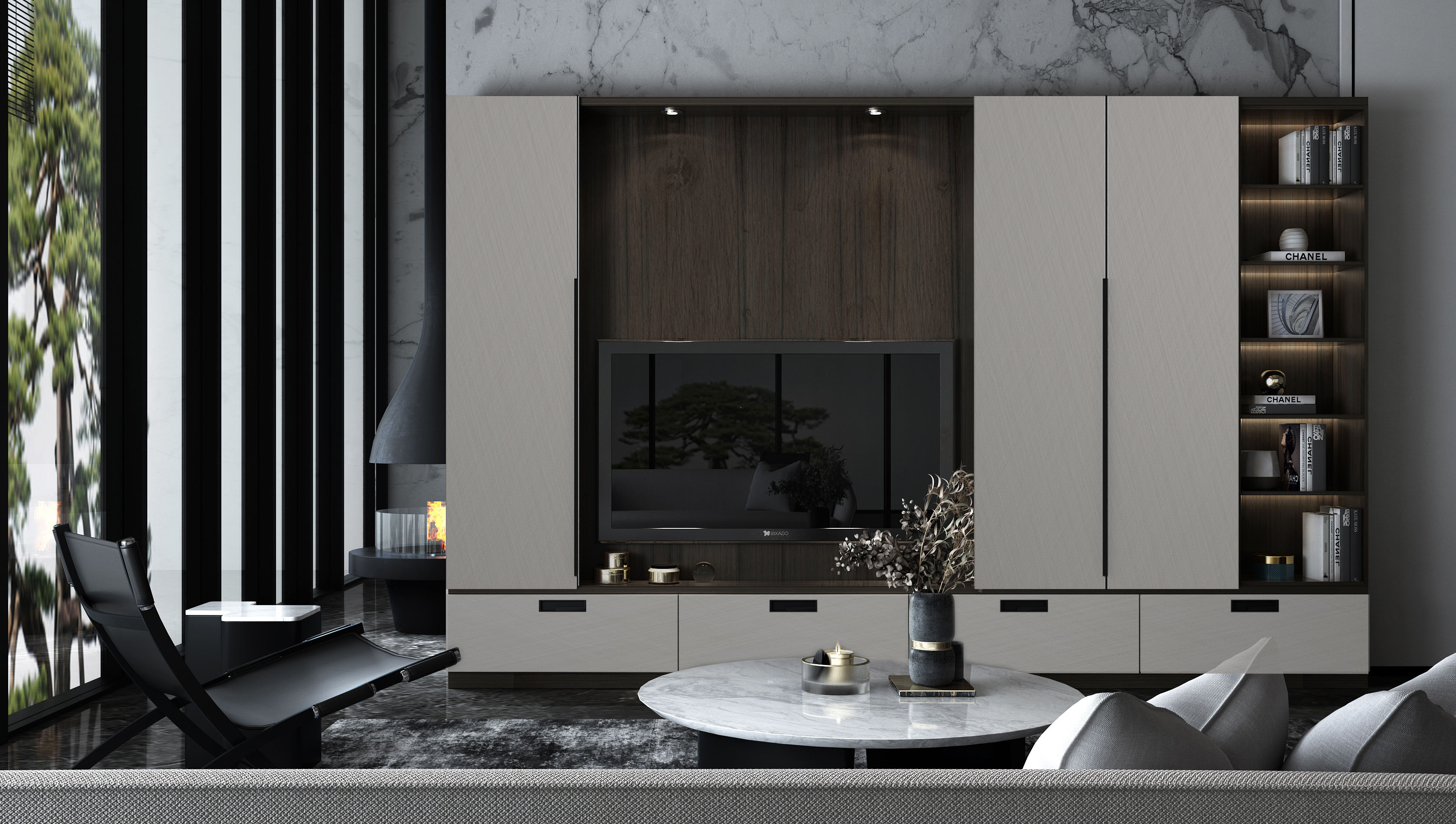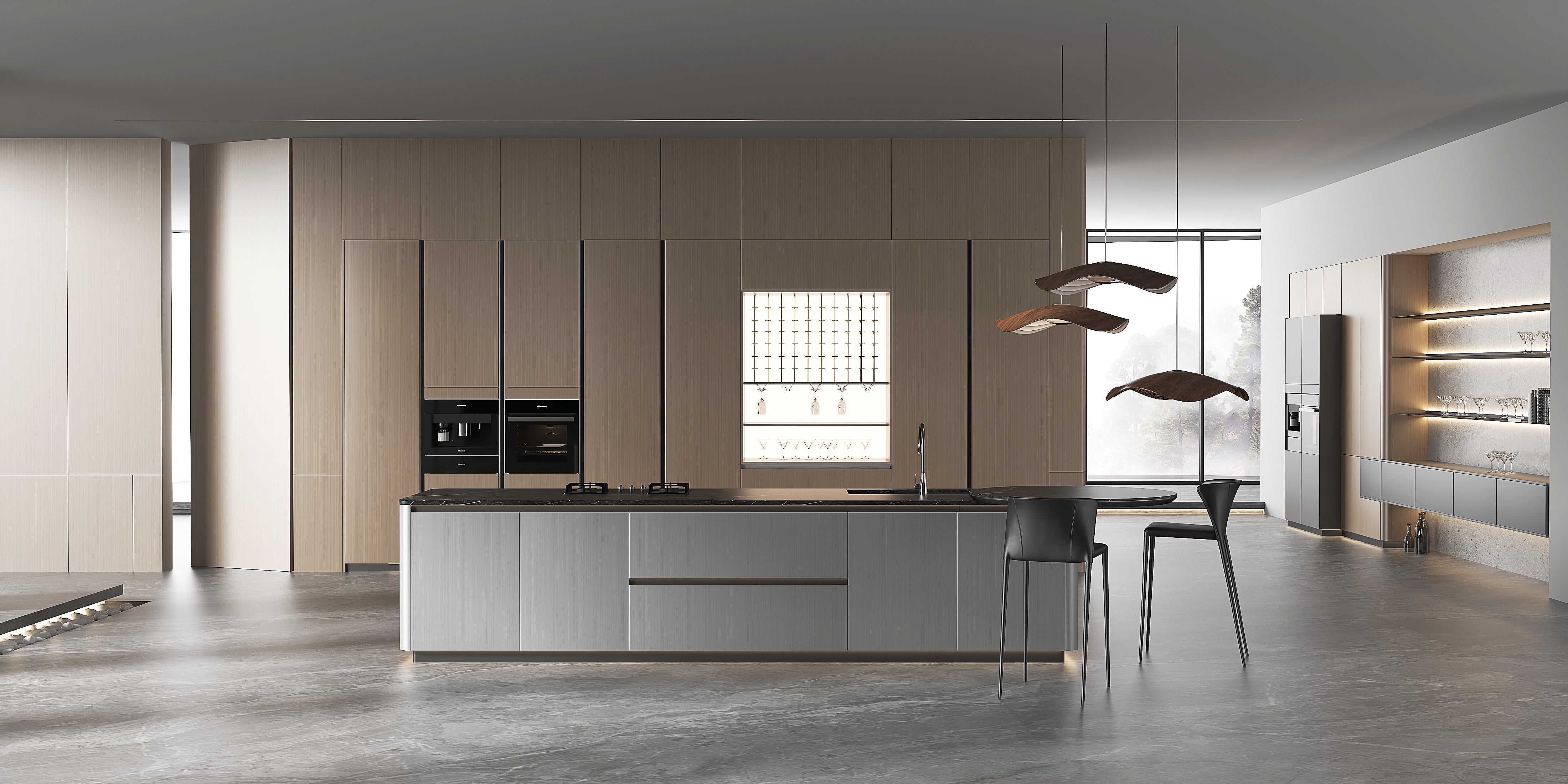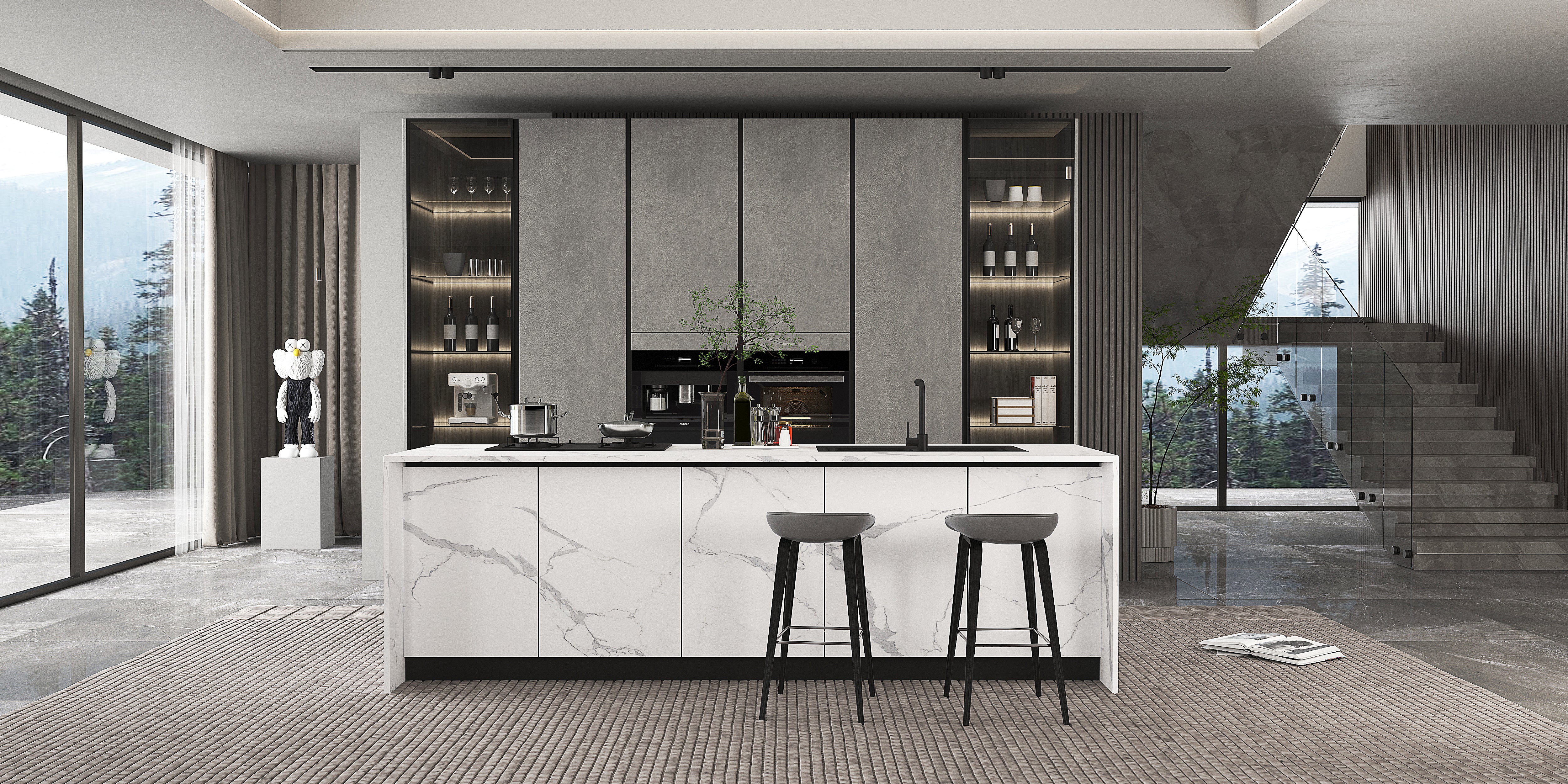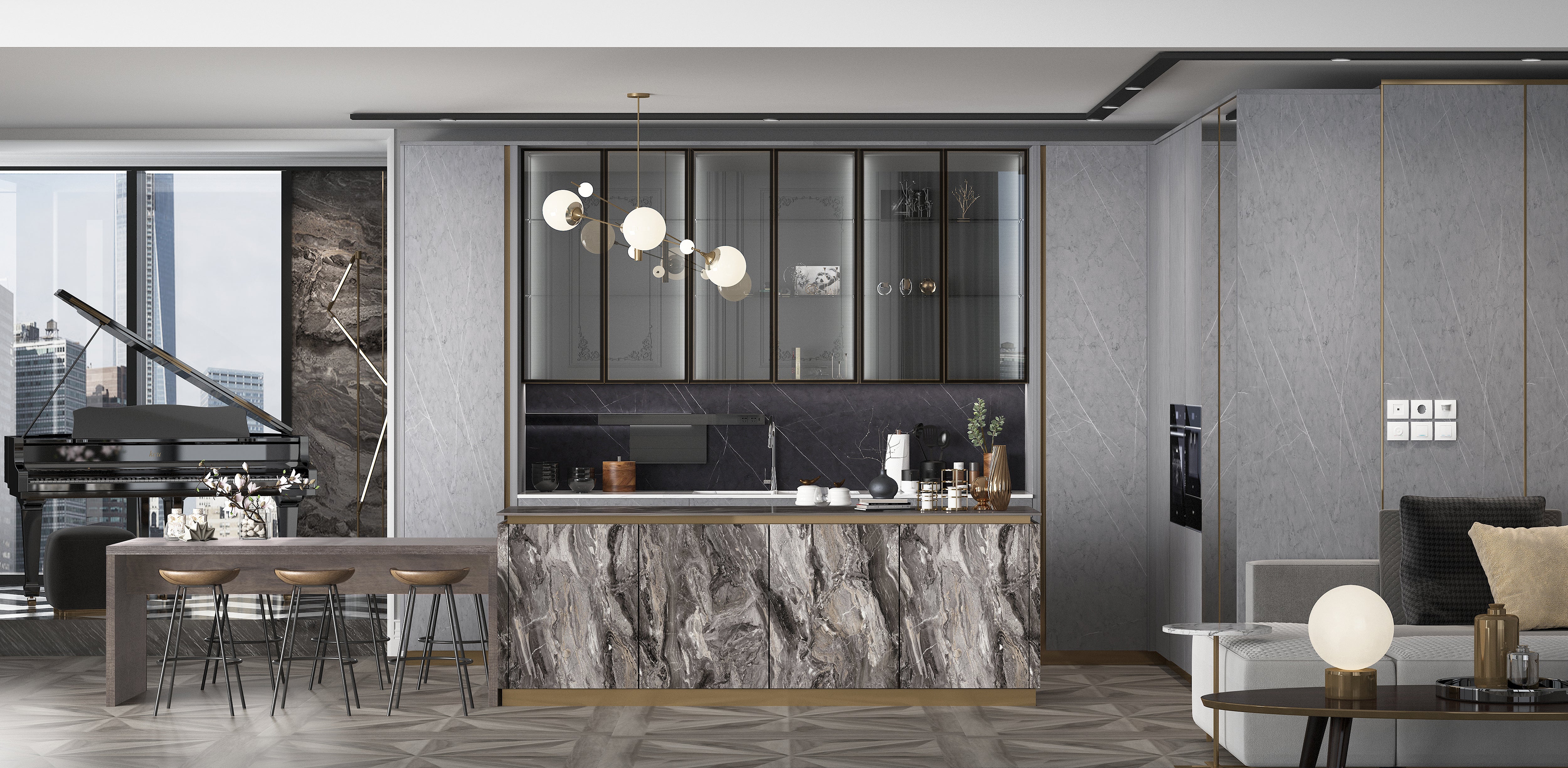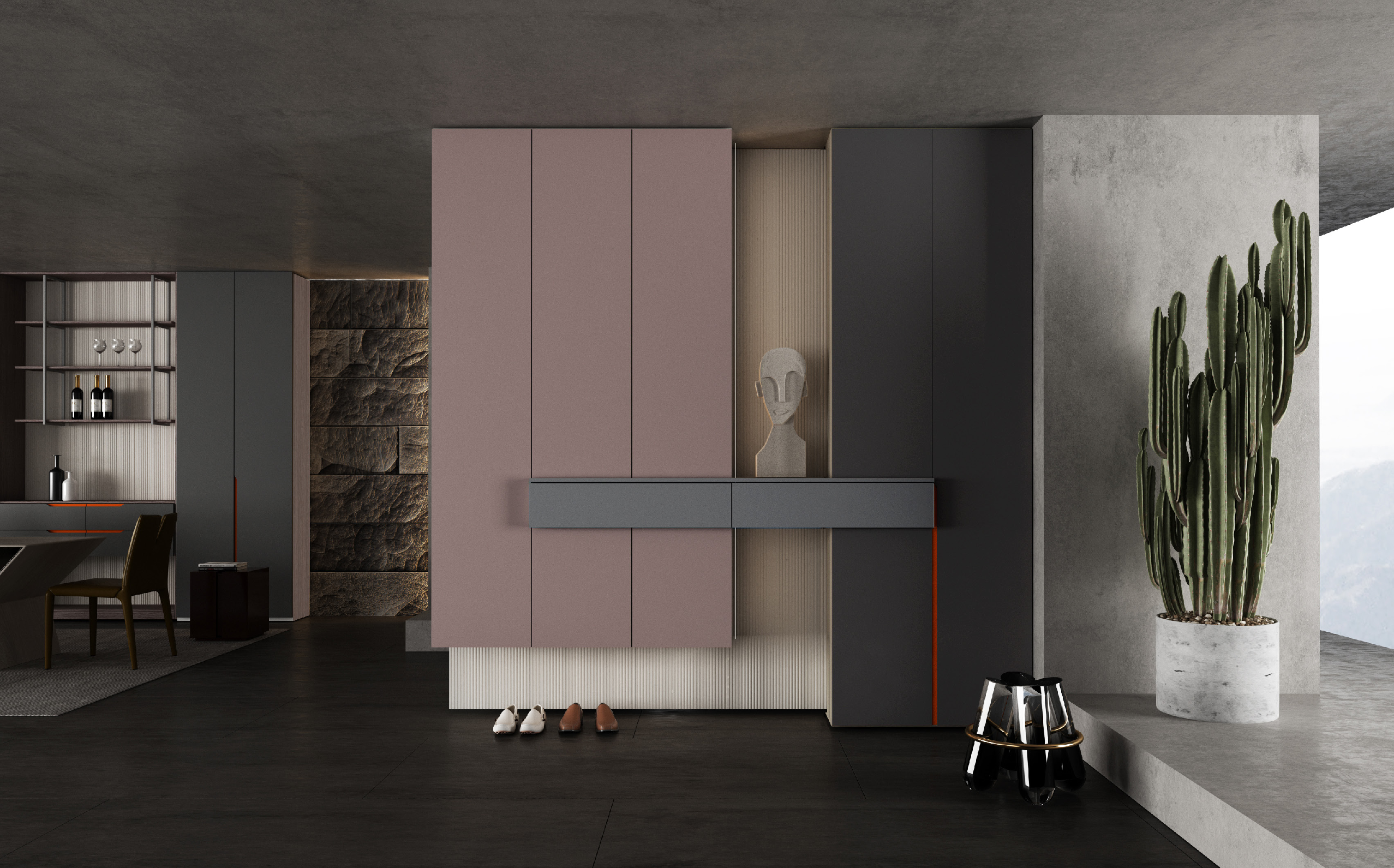The demand for unique, high-quality furniture has never been higher. For retailers and distributors, collaborating with a custom furniture manufacturer presents an opportunity to offer exclusive products, attract high-end customers, and improve profit margins. This article explores the advantages of such partnerships and provides strategies for maximizing success in the competitive furniture market.
Why Retailers Should Work with Custom Furniture Manufacturers
Custom furniture partnerships offer multiple benefits:
- Exclusive Product Range: Gain access to bespoke designs that differentiate your store from mass-market competitors.
- High Margins: Custom and premium furniture commands higher prices, improving profitability.
- Flexible Orders: Manufacturers often accommodate bulk orders or small-batch productions based on retailer needs.
- Brand Reputation: Offering high-quality, custom furniture enhances your credibility and customer trust.
Understanding Bulk Custom Furniture Options
Many manufacturers offer scalable solutions suitable for retailers and commercial buyers:
- Bulk Custom Furniture: Ideal for furnishing multiple properties, showrooms, or office spaces while benefiting from volume discounts.
- Modular Systems: Modular furniture allows easy configuration and adaptation to client spaces.
- Eco-Friendly Materials: Sustainable furniture appeals to environmentally conscious consumers and enhances brand image.
Selecting the Right Furniture Supplier
Choosing the right furniture supplier is crucial for seamless operations:
- Quality Assurance: Check samples, production processes, and finish quality.
- Order Flexibility: Ensure the manufacturer can handle bulk orders, small batches, and custom modifications.
- Timely Delivery: Reliable logistics and consistent delivery schedules are essential for retailers.
- Support & Communication: Responsive customer service ensures any issues are resolved quickly.
- Transparent Pricing: Clear cost breakdowns, shipping fees, and volume discounts help plan budgets effectively.
Marketing Custom Furniture to Consumers
Retailers need strategic approaches to showcase custom furniture effectively:
1. Highlight Exclusivity
Consumers value unique designs. Emphasize limited edition or bespoke collections to create demand.
2. Visual Storytelling
High-quality images, videos, and 3D renderings can showcase textures, finishes, and functionality, boosting online engagement and conversions.
3. Collaborate with Interior Designers
Partnering with designers ensures your furniture reaches clients seeking tailored solutions and expands referral networks.
4. Participate in Trade Shows
Furniture expos and home decor events provide exposure to commercial buyers, designers, and end consumers, helping to secure bulk orders and partnerships.
Trends Driving Demand for Custom Furniture
Being aware of market trends allows retailers and distributors to align product offerings with consumer preferences:
1. Modular and Multi-Functional Furniture
Space-saving designs are particularly popular in urban areas. Modular furniture systems provide adaptability for living spaces and offices.
2. Sustainable and Eco-Friendly Furniture
Eco-conscious consumers increasingly seek furniture made from sustainable materials and low-emission finishes.
3. Premium and Bespoke Collections
High-end homeowners invest in personalized furniture for luxury aesthetics and enhanced functionality. Retailers offering bespoke furniture can tap into this lucrative segment.
Conclusion
Partnering with a custom furniture manufacturer opens new opportunities for retailers and distributors, from exclusive product offerings to bulk order efficiencies. By selecting r


